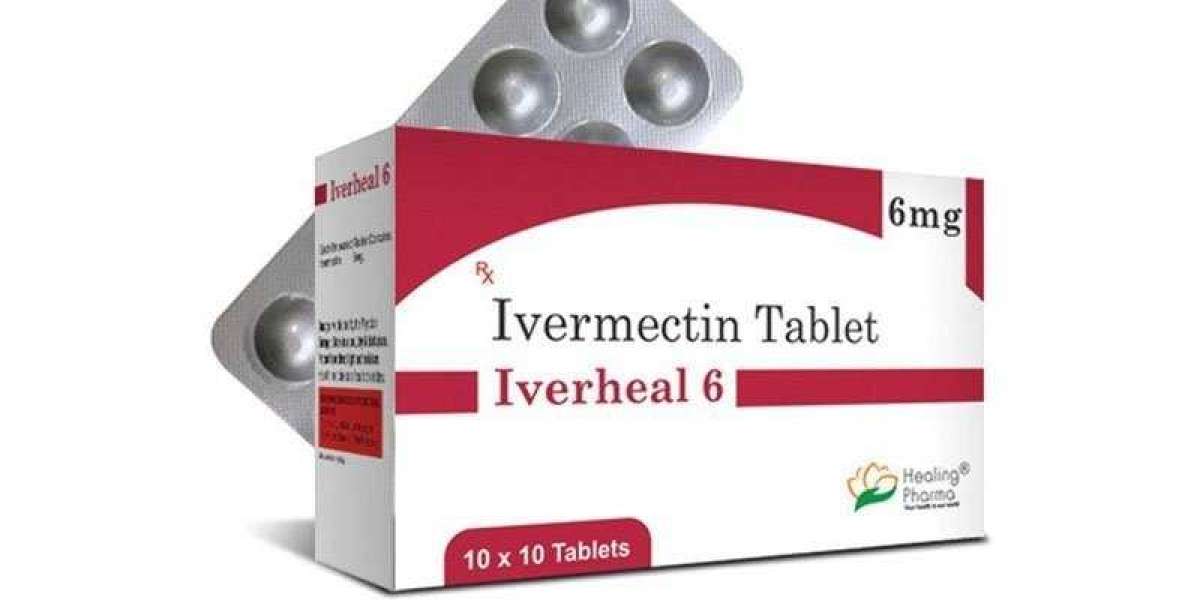A quick look at ADHD
Being a neurodevelopmental disorder, attention-deficit/hyperactivity disorder (ADHD) generally means that it affects how the brain develops. Typically identified in early childhood, it may be linked to issues with focus, energy regulation, impulse control, and other areas. According to estimates, 6.7% of adults globally may be suffering with ADHD. Three ways in which symptoms of ADHD might appear are inattentiveness (difficulty focusing), hyperactivity and impulsiveness (difficulty regulating energy and desires), or a mix of the two.
Here are some instances of inattentional behavior:
Often losing or forgetting stuff
Making a lot of "careless" errors at work or school Often "spacing out" or daydreaming
Finding it difficult to begin difficult activities
easily becoming distracted
These kinds of symptoms of ADHD can cause problems in both one's personal and professional life if left untreated. However, therapy, dietary adjustments, and prescription medication from a doctor can frequently be used in conjunction to address these symptoms.
Potential problems with ADHD during pregnancy
It can be normal to question if there are any pregnancy-related difficulties to be aware of if you have ADHD and are pregnant or considering getting pregnant. Although each person is unique, some people may observe a shift in their ADHD symptoms both before and after pregnancy. Pregnancy may cause some people's symptoms to lessen, while it may cause others to grow more severe. This is probably caused by variations in progesterone and estrogen levels, which can occasionally impact ADHD symptoms. The consequences of adult ADHD on expectant and new mothers as well as their infants have been the subject of numerous research. Researchers compared the medical records of 45,737 pregnant women with ADHD to those of women without ADHD in a study conducted in 2022. They discovered that people with ADHD were more likely to experience issues such as the following:
Depression in the postpartum phase (the time following giving birth)
Elevated blood pressure during gestation
Undernourishment
Early birth
Gestational diabetes
Examining how the usage of ADHD medications may affect the course of pregnancy is another area. Researchers examined data from a national study on birth abnormalities in the United States in a study that was published in 2018. It was discovered that there was a tendency to link the use of ADHD drugs during the early stages of pregnancy to a higher risk of certain birth abnormalities.
It could be helpful to keep in mind that there is still much we don't know regarding the connection between ADHD and pregnancy. It can be crucial to discuss any worries you have with your doctor about the potential effects of ADHD on your pregnancy.
Advice for ADHD sufferers on how to handle pregnancy
ADHD and pregnancy can present particular difficulties, but with the correct help and lifestyle modifications, you might be able to control your symptoms and maintain both your physical and emotional well-being. Here are a few pointers to help you through this phase of life.
Consult your physician
If your doctor has given ADHD medication, they might advise you to stop taking it altogether or change the dosage. But switching medications during pregnancy might not be a wise option if you have severe ADHD. Because of this, it may be particularly crucial to speak with a doctor before modifying your treatment strategy. Based on your medical history, mental health, and other risk factors, your doctor might be able to suggest a course of action that is best for you.
Establish routines whenever you can.
Creating routines and habits can help you manage the symptoms of ADHD, so try to find ways to apply these strategies to your pregnancy-related tasks. This could imply:
observing a regular wake-up and bedtime schedule
Reminding yourself to eat and take breaks by setting alarms
Setting up doctor's visits for particular days and times can help with memory
Taking prenatal vitamins and prescription drugs at the same time every day
During doctor visits, record or take notes so you don't forget any advice.
The more healthier habits you develop, even if you have ADHD, the easier it may be for you to manage your pregnancy.
Look after yourself
Self-care techniques can be crucial for boosting your wellbeing throughout pregnancy as well as for easing the symptoms of ADHD. As a result, you might wish to think about:
Keeping up a balanced diet full of fruits, veggies, and healthy fats
Engaging in exercise suitable for your stage of pregnancy
consuming lots of water
observing appropriate sleep hygiene, which includes sleeping in a cool, dark setting and avoiding screen time before bed
Take action to control your stress.
Stress has the potential to worsen ADHD symptoms. Because of the potential harm to your health, it could be beneficial to establish a stress-reduction plan while you're expecting. Here are a few suggestions:
Meditation can be used to improve focus, relaxation, and emotional awareness.
Keeping a journal can help you manage your thoughts and understand your feelings.
Taking a little pause when confronted with a difficult circumstance
When you're feeling overwhelmed, use grounding strategies like progressive muscle relaxation, mindfulness, and breathing exercises.
Whether your stress is coming from ADHD or the pregnancy itself, managing it now with the appropriate strategies could help you feel better during the whole pregnancy.
Seek outside assistance
Handling ADHD on its own can be difficult, but you may want more assistance from your doctor if you are expecting a child. You may be able to manage your symptoms of ADHD while maintaining your health by working with a therapist. It can be challenging to find the time to travel to a therapist's office once a week, though, if you're also balancing doctor's appointments and other obligations. Online counseling could be helpful in certain situations. You don't need to leave your house to see a therapist thanks to services like BetterHelp. In particular, this could be helpful if you're trying to manage both ADHD and pregnancy.







